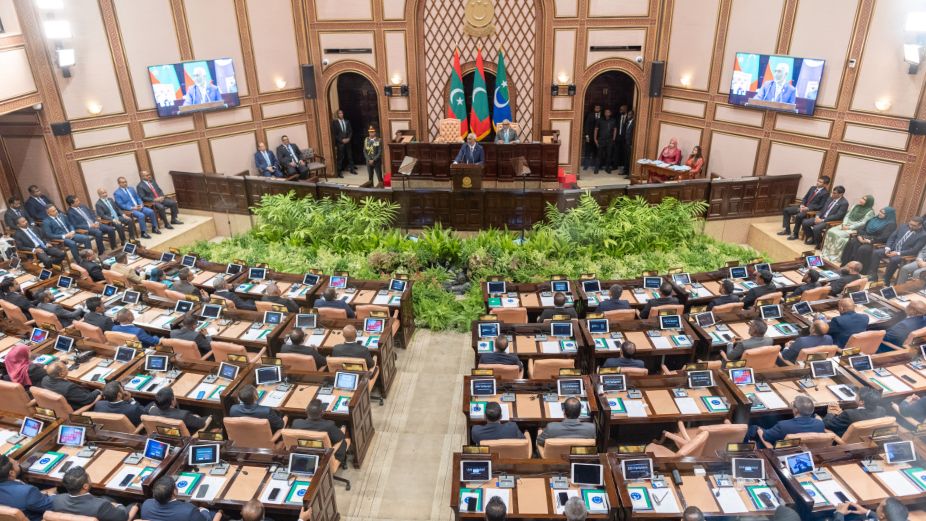
The recent proposal by the ruling People’s National Congress (PNC) to reduce the number of Supreme Court justices from seven to five has sparked significant debate in the Maldives. While this move is primarily viewed through a political lens, it carries substantial implications for the nation’s business environment, economic stability, and foreign relations.
Judicial Independence and Economic Confidence
Judicial independence is a cornerstone of a stable and predictable economy. Empirical studies have demonstrated a strong, positive, and highly significant effect of de facto judicial independence on economic growth.
When the judiciary is perceived as free from political influence, it fosters confidence among investors regarding the enforcement of contracts and the protection of property rights. Conversely, actions that appear to undermine judicial autonomy can lead to uncertainty, deterring both domestic and foreign investments.
Impact on Foreign Direct Investment (FDI)
The Maldives has been actively seeking to attract Foreign Direct Investment (FDI) to stimulate economic growth. However, the ambiguity of codified law and competition from politically influential local businesses have historically acted as deterrents.
Modifications to the judiciary’s structure, especially those perceived as politically motivated, could exacerbate these concerns. Investors may fear that a less independent Supreme Court could lead to biased rulings, especially in cases involving state interests or local competitors, thereby increasing the risk associated with their investments.
Comparative Perspectives
Looking at international precedents, similar judicial reforms have led to negative economic repercussions. For instance, Mexico’s recent judicial overhaul, which included replacing all federal judges, resulted in significant investor apprehension. The reforms were perceived as undermining judicial independence, leading to financial market instability and a decline in foreign investment.
This example illustrates the potential risks associated with perceived political interference in the judiciary.
Foreign Relations and Trade Agreements
Judicial reforms that are viewed as compromising the independence of the judiciary can also strain international relations. Trade agreements and economic partnerships often include clauses that require signatories to uphold the rule of law and maintain independent judicial systems. Any actions that cast doubt on these commitments could lead to diplomatic tensions or even the reevaluation of existing agreements. Moreover, international credit rating agencies might downgrade a country’s rating due to perceived political instability, leading to increased borrowing costs and reduced investor interest.
While the proposed amendment to reduce the number of Supreme Court justices is a domestic legislative matter, its ramifications extend into the economic and international spheres. Maintaining a robust and independent judiciary is not only vital for upholding democratic principles but also essential for fostering a conducive environment for business and investment. As the Maldives continues to integrate into the global economy, ensuring the integrity and independence of its judicial institutions will be paramount in attracting and retaining investment, promoting economic growth, and maintaining healthy foreign relations.








